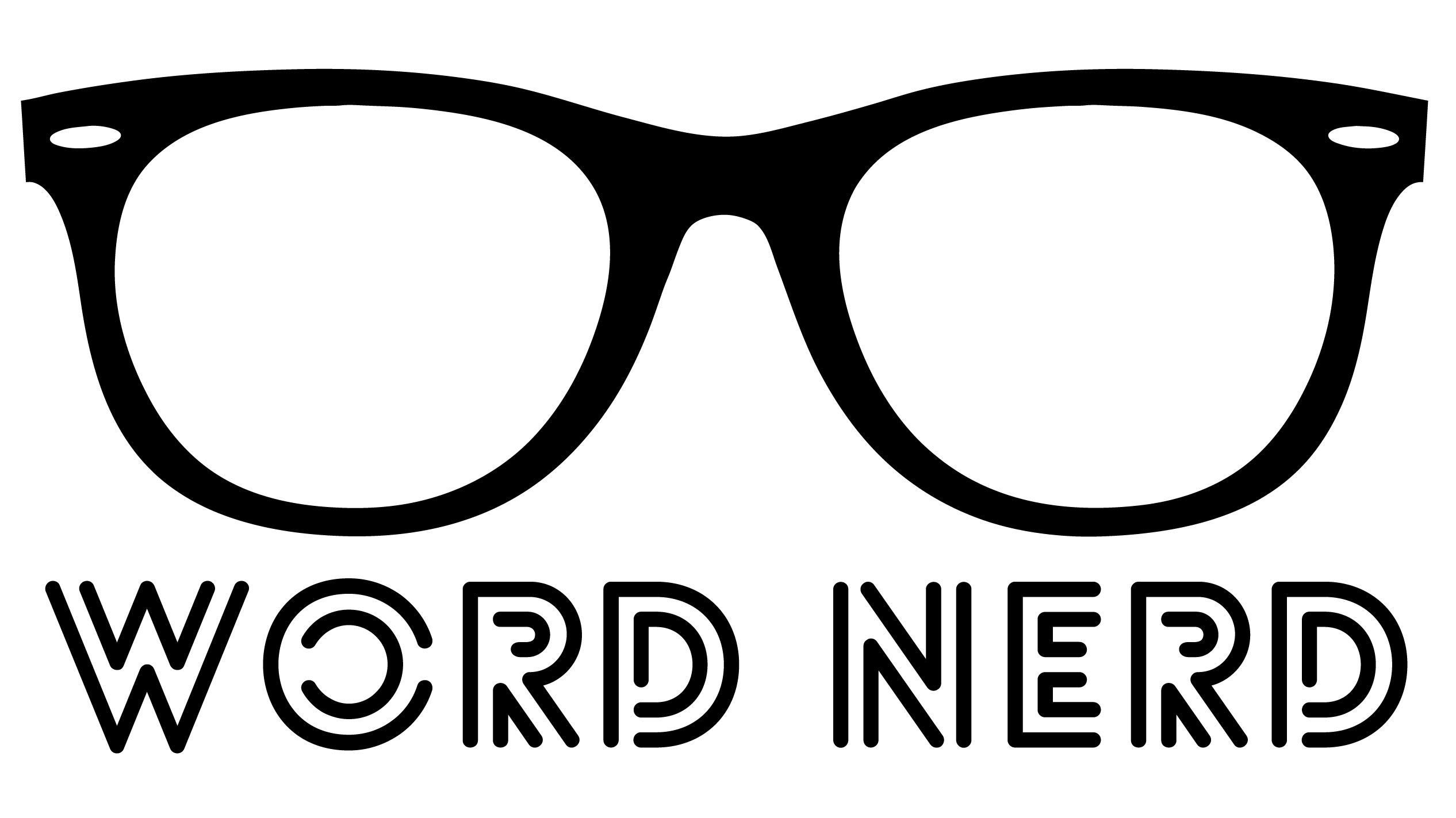The fashion industry and media perpetually link youth and beauty – presenting them as two twins, inseparable from each other.
Unless you truly get to know them and look closer, it’s hard to see a difference.

We’ve internalised this message.
Saying you look good for your age is something we might not even think twice about. It’s one of those backhanded compliments that comes to us naturally.
True, we might take it as a form of flattery, but it implies that looking your age is not acceptable.
Ageing is seen as something we should battle, some kind of flaw we share but are obligated to hide.
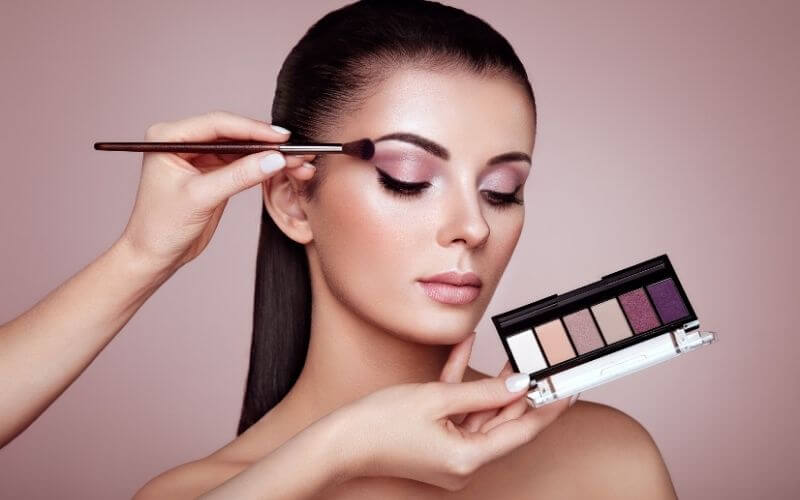
Where did we get this idea, and how does our fear of ageing play into this?
Fear of Aging and the Media
Research on the anxieties we often feel about ageing shows that our attitudes towards the process of ageing are learned.
Over the years, marketers have perfected techniques that evoke fear to sell products to the masses successfully.
One of them is our fear of ageing.
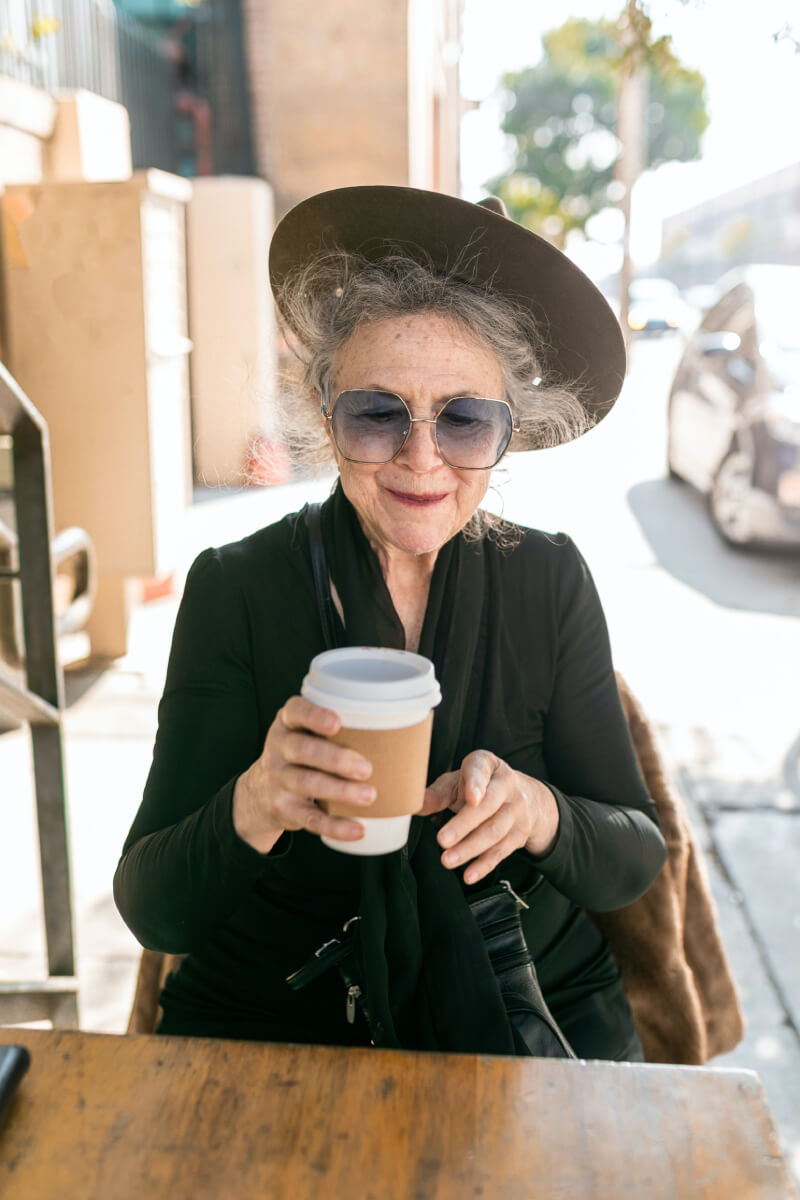
The solution for this “problem” is found in anti-ageing and anti-wrinkle creams. They preserve your youth, concealing any signs of ageing.
Taking care of yourself and purchasing products that make your skin radiant isn’t the issue here.
It’s the way ads pry into our fears and insecurities that is the most concerning.
The media sells us anti-ageing products that will keep our youthful dream alive – implying that it’s something we should strive towards if we want to be accepted by others.
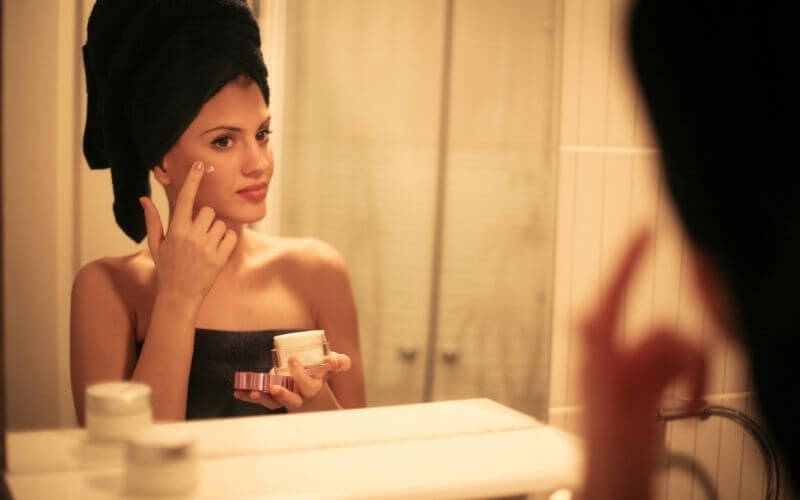
Don’t get me wrong, our preoccupation with eternal youth and anti-age products is not a recent marketing invention. It is centuries old and can be traced back to Cleopatra and her donkey milk baths she swore by.
These ads work because these ideas already exist inside our heads.
Mirror, Mirror on the Wall...
The tales we consume in our formative years, in combination with seeing how older people are treated in society, gives us a glance into how others see seniors.

The idea of eternal youth from old myths often features the fountain of youth. These ideas creep back to fairy tales as well as in contemporary movies.
Fairy tales spin similar yarns through tales of old, evil, and hideous witches threatened by young girls defined entirely by their beauty.
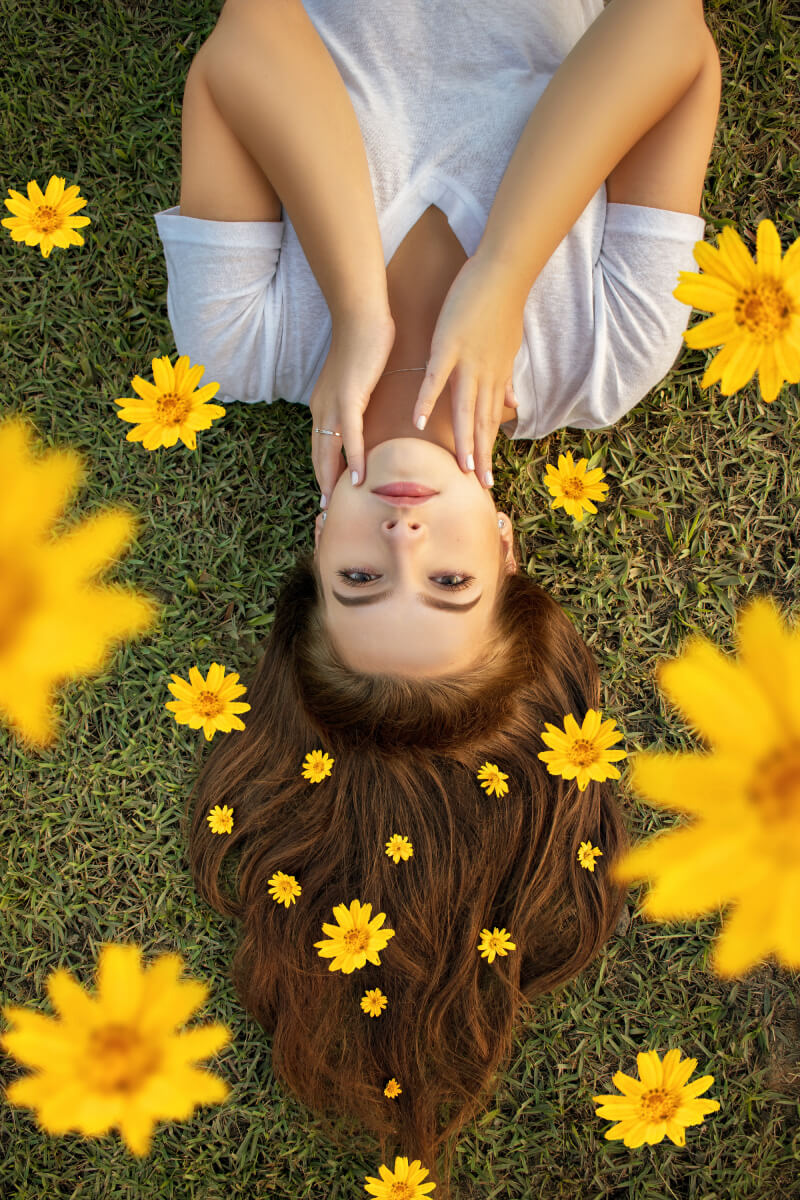
This is an issue on so many levels.
We cheer for young protagonists in fairy tales whose beauty is frozen in time without realising that happy endings never apply to older characters.
Hollywood isn’t much better.
Older actors start disappearing as they age, or their roles become limited.
Think of five films besides Mamma Mia that show women over 40 unapologetically having fun.
Stumped?
Even though they’re fictional, these images are inevitably ingrained in our minds, forming ideas about ageing and, ultimately, what that might mean for us.
Swipe to Find out Which Celebrities Aged Poorly
We are particularly unforgiving towards celebrities – especially as they age.
Over the years, we’ve developed unreasonable expectations of these people. After all, that’s all that they are – people, like you and me.
And yet somehow, a famous person losing their youth has become a tragedy on its own.
Once they are immortalised on the big screens and shiny covers of magazines, we are taken aback if they dare to display any traces of ageing, such as grey hair or wrinkles.
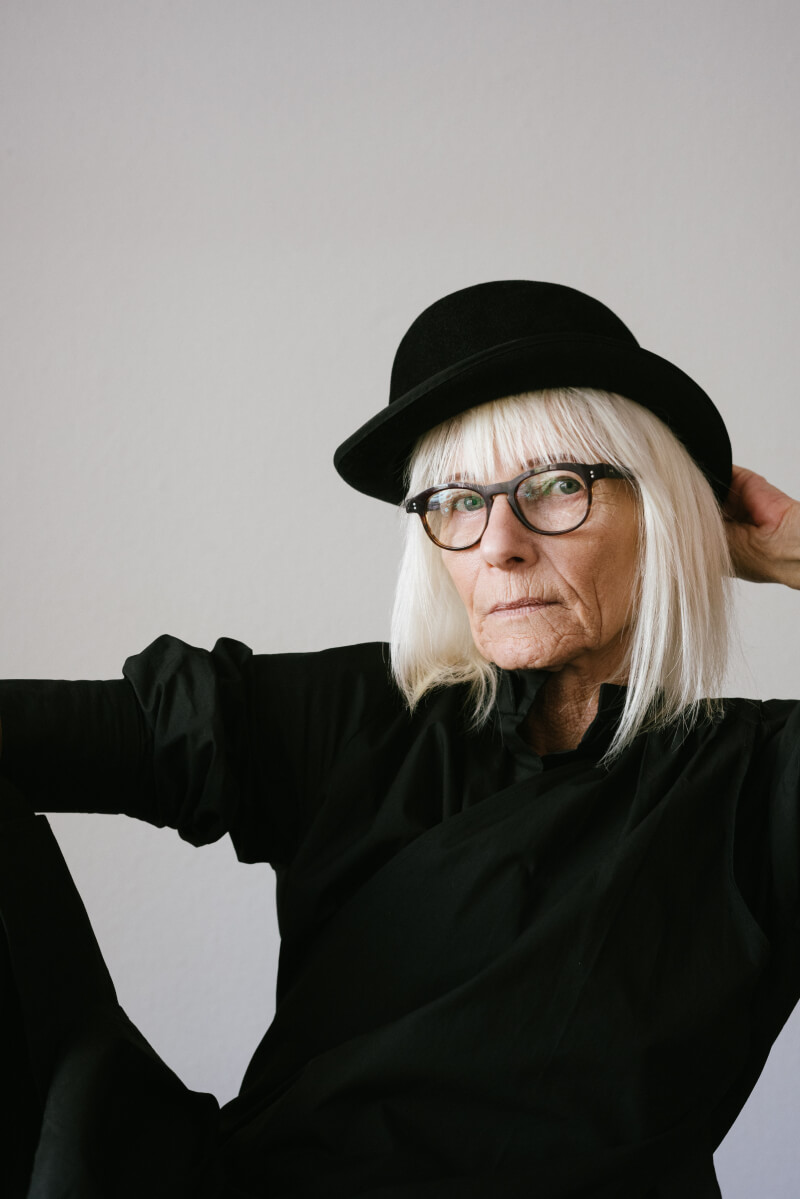
What’s more, we celebrate those who age gracefully. Those who look the same as at the beginning of their careers are admired the most.
Many celebrities resort to plastic surgery or medical procedures, careful not to shatter the illusion.
Another option is not having a spot in the media at all.
Research shows that older people aren’t visible in the media, which is especially true for older women.
Unless it servers a specific advertising purpose, older people don’t seem to exist for media at all. This leads to harmful stereotypes and ageism.
Also, women are much more pressured to keep a tight hold on their youth than men are. When you think about it, anti-ageing products are mainly targeted at women over the age of 25.
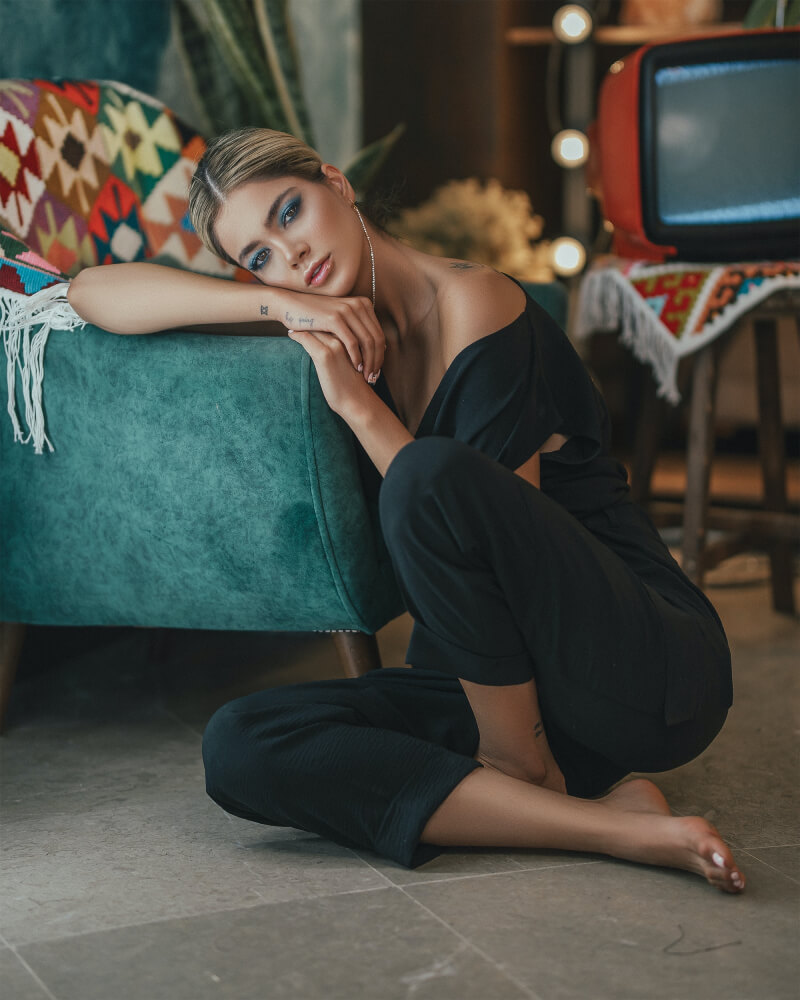
Men, on the other hand, are celebrated as they age. George Clooney. Leonardo DiCaprio. Daniel Craig.
Being 40 represents the midpoint of their careers, with as many as half of all men’s acting roles going to men over 40. For women, this number is hailed a sunset year.
It is no surprise then that women have greater anxiety about the physical changes related to the ageing process.
Fashion Industry’s Bias Towards Youth
Ageism has been present in fashion for far too long.
There are exceptions as it depends on one’s role within the industry.
Overall, a career in the fashion industry (e.g. modelling) seems to be reserved for teens primarily.
Models get into the industry as young as 13 and end their careers earlier than some other career trajectories. Those still working in their early twenties are considered lucky.
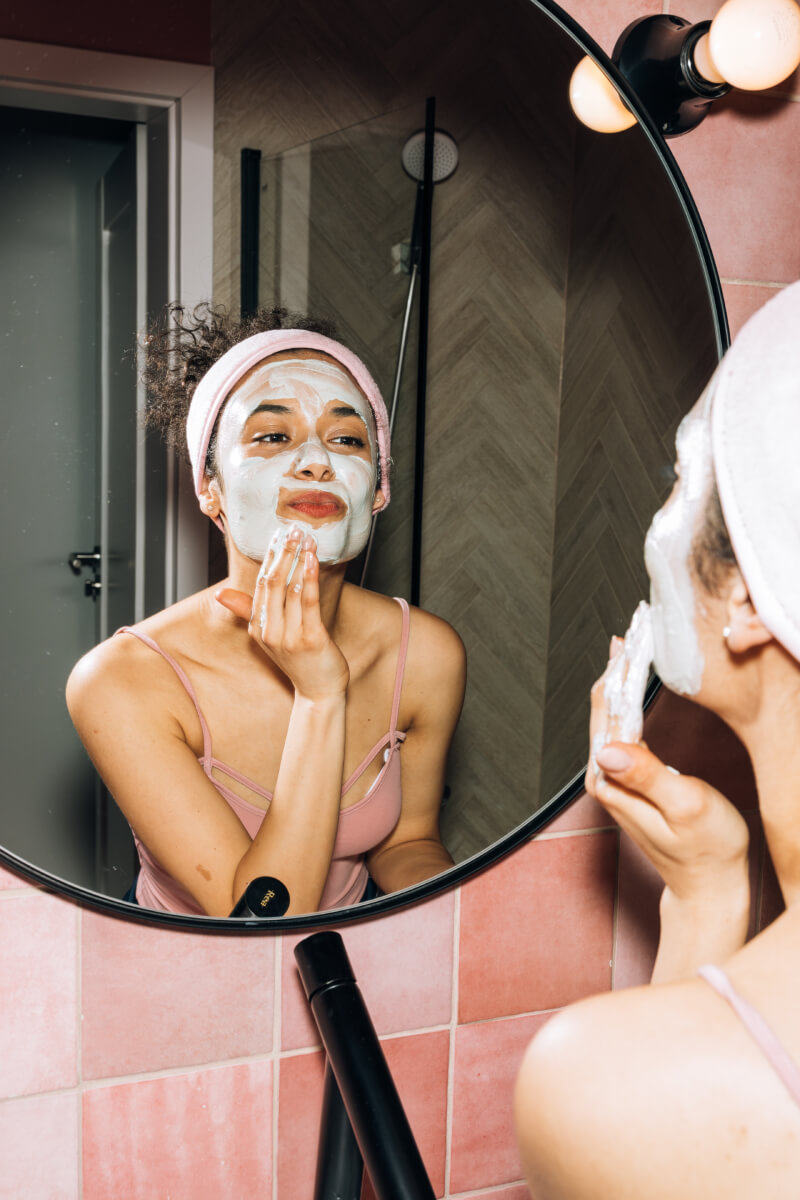
Similar rules apply to mainstream fashion. The young and beautiful seem to catch the vast majority of the spotlight.
As we get older, our clothing choices become limited with age. We are then expected to dress our age – which is mostly the code word for boring.
Final Word
Our perception of ageing has resulted from the communal effort of the fashion industry, media, our upbringing, and the narratives we consume.
It’s not that we're naturally superficial, but this repetitive fairy tale of finding the fountain of youth is fed to us from a very young age.
The idea of beauty is fundamentally built around youth.
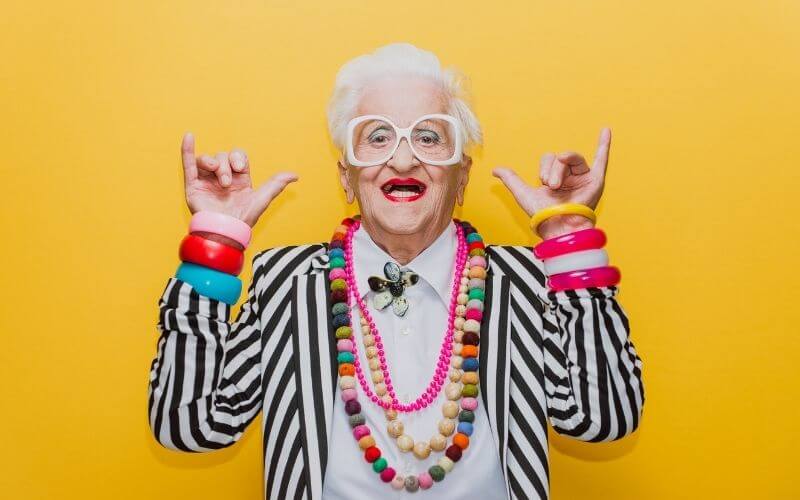
We’ve celebrated youth long enough; it’s time to do the same for all age groups.
As Audrey Hepburn said:
“And the beauty of a woman, with passing years only grows!”
